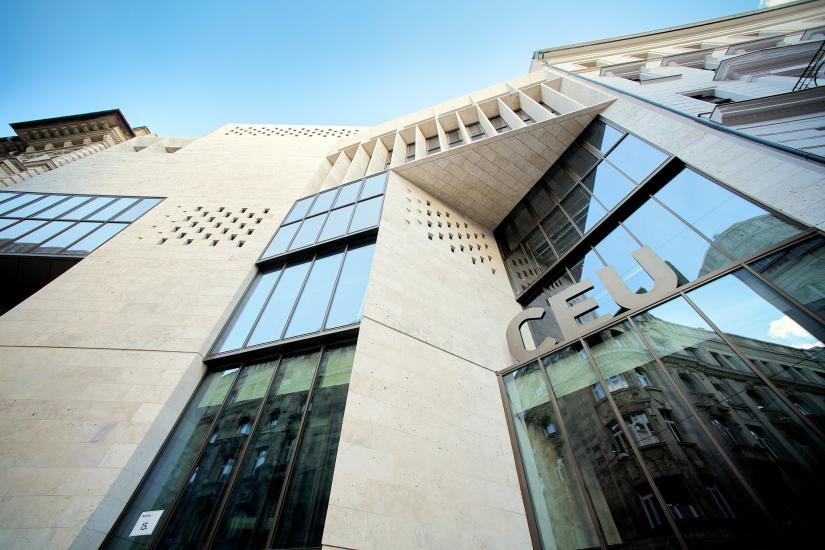
Medievalists in the dominant western paradigm have long understood the term “medieval” as including only those features that can be applied to romano-germanic Europe. Moreover, persistent images of Byzantium as an empire in perpetuous decline, with an ossified culture and absolutist state structure, still impede us to see it on its own terms. Meanwhile, Byzantine texts were (and sometimes are) edited and studied by philologists trained in the classical tradition, for whom Byzantium is only important as a passive transmitter of the ancient (non-Christian) heritage. And some recent scholars have been keen to redefine Byzantium as “Roman” not only in outward form, but in essence. These and other perspectives on Byzantium thus emphasize the continuity with classical antiquity, while its legacy in Southeastern Europe likewise only appropriated a part of Byzantium, namely a supposedly pure orthodoxism.
Recently, some scholars, notably Evelyne Patlagean, have reclaimed the term “medieval” for Byzantium, explaining it as one of the phenotypes of broader social and cultural processes that grew out of Antiquity and resulted in Modernity. This enables us to better understand the “other” Middle Ages, freed from tyrannical concepts such as feudalism, caesaropapism, and dogmatism.
I suggest some ways in which Byzantine literary studies can help us to appreciate this “other” Middle Ages. For this, we need to rethink Byzantine literature not only as a dead end in world literary history, plagued by slavish imitation of classical models, but a literary tradition with its own vitality and complexity, embedded in, and dependent on, a world that is thoroughly “medieval”.